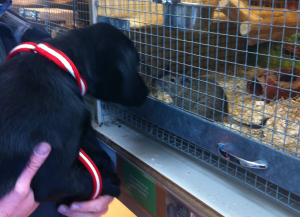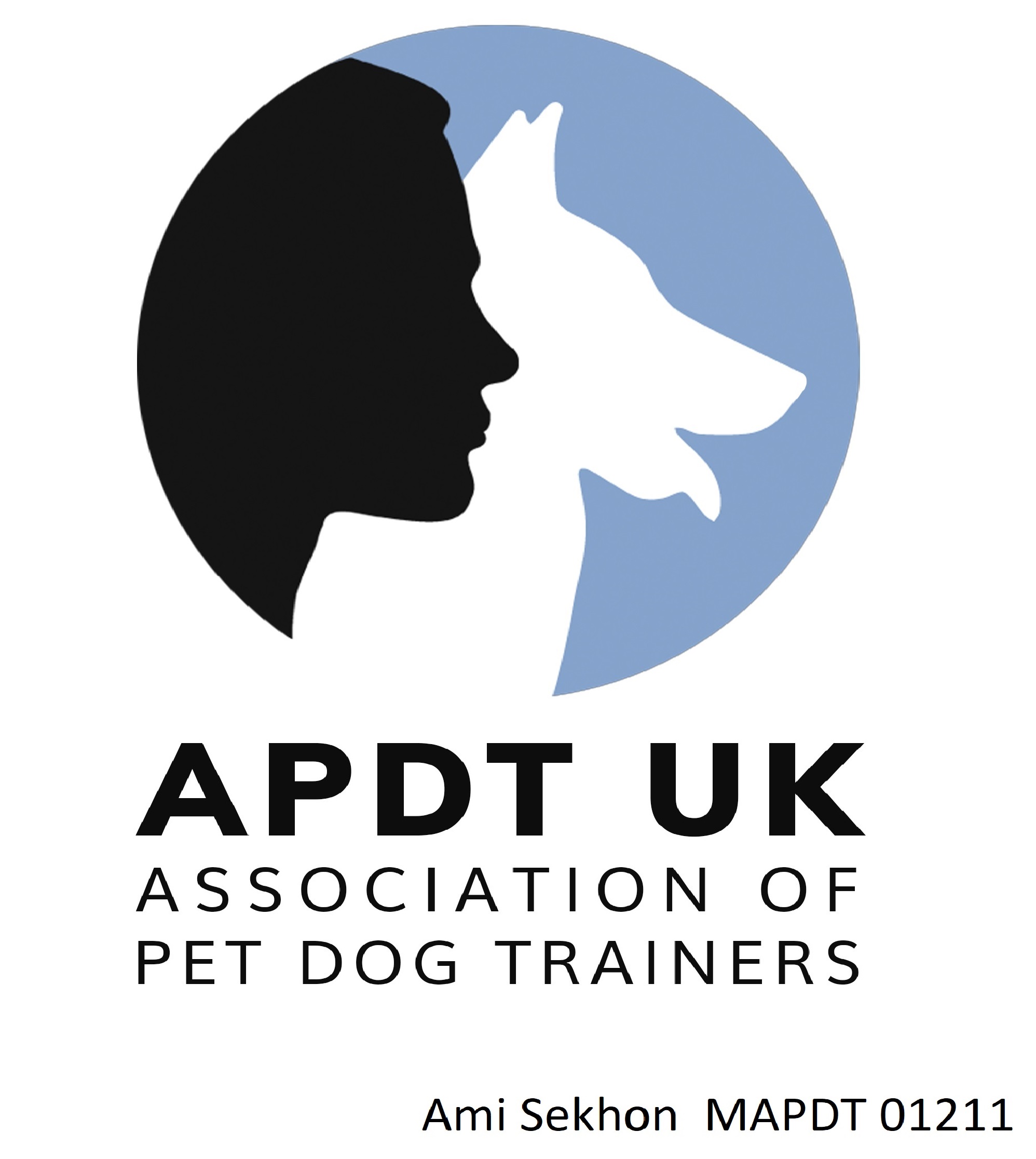What is socialisation?
Socialisation is the process by which an animal learns to interact with and understand its environment. Socialisation can be broken down into two categories; learning how to interact with adults, children and other animals, and learning to get used to the environment (habituation), such as encountering noisy household objects, traffic noise, fireworks and thunderstorms.
Socialisation is an essential skill for your puppy to have. A well socialised puppy will be more equipped with the skills needed to grow into a well-balanced adult dog, one who is able to cope with new situations that will occur throughout his life without being overly fearful. Good puppy socialisation can also help prevent problems such as nervousness and aggression.
When should you start socialising your puppy?
The peak time for socialisation occurs when your puppy is between 4 and 16 weeks of age. During this time your puppy will be going through a developmental period when they will be more likely to accept new experiences, sights and sounds. After the age of 16 weeks your puppy will be naturally more fearful of new experiences. However socialisation is something that you should actively do throughout your dog’s life. You should take advantage of the critical period by exposing puppy to as many different encounters as possible. If you bought your puppy through a good breeder he is likely to have already encountered household noises such as the washing machine and vacuum cleaner. He may have also experienced meeting different men, women and children.
How to socialise your puppy
You will not be able to mix your puppy with other dogs until he has completed his course of vaccinations. However there are many ways you can socialise without mixing with other dogs. It is a good idea to get your puppy used to the car as soon as possible, this should ensure that he remains calm in the car and can prevent travel sickness. You can start off taking puppy on short car journey, perhaps to the supermarket where you can carry him outside and allow him to meet lots of different people, hear noisy shopping trolleys and get used to crowds of people. Try carrying your puppy on short walks so he can get used to the sights, sounds and smells of the world. Take him to an area where children play so that he can hear them playing and see them running around. Get as many different people as possible to meet him on a daily basis, allow him to be picked up, cuddled and fed treats by different people so that he views humans in a positive light. Most pet shops will allow you to carry your puppy around and these are great to introduce your puppy to a busy environment. Even standing at the side of a road for a few minutes can be great for puppy, allowing him to hear noisy traffic. Remember, what we might see as normal can be very strange for your puppy, a person carrying an umbrella or wearing a pair of gloves can be a very odd thing for your puppy to comprehend!
Not all socialisation needs to take place outside the home. Encourage visitors to come and visit puppy, allow your puppy to watch whilst you use a hairdryer or vacuum. It is also a good idea to get your puppy used to being left alone as this will help prevent separation anxiety. Just start off by leaving the room for a couple of minutes, gradually building up to longer periods.
If your puppy has a negative experience and comes across something he is scared of try to resist the urge to comfort and console him. Instead, remain confident and gradually re-expose puppy to the experience that frightened him. You might need to increase the distance between the puppy and the scary thing to start with. If, for example he is scared of buses, start playing and feeding treats to your puppy a big distance away from a bus, gradually moving closer as your puppy becomes more confident. Always take it at your puppy’s pace. Remember to give lots of praise when your puppy approaches the experience confidently.

11 week old Rome does some socialising with some small furry animals
Socialisation Chart
Use this list for ideas for socialising. Remember socialisation is not a one off event. Your puppy must be repeatedly exposed to every experience, environment and situation may times over the first 6 months of his life.
| Places to go: | |
| Groomers | |
| Vets | |
| Other people’s houses | |
| Boarding kennels | |
| Outside a school or playground | |
| Shops | |
| Roadside | |
| Party/busy environment | |
| Public transport (bus/train) | |
| Town/city | |
| Park/countryside | |
| Pub | |
| Railway station | |
| People and animals to meet: | |
| Women | |
| Men | |
| Children | |
| Babies (crying, playing) | |
| Teenagers | |
| Elderly people | |
| People in wheelchairs | |
| People with crutches | |
| Confident people | |
| Shy people | |
| People wearing glasses | |
| People wearing hats | |
| People wearing gloves | |
| Delivery men (postmen, milkman) | |
| People with beards | |
| People wearing high visibility clothing | |
| Vet staff | |
| Grooming staff | |
| Dogs | |
| Cats | |
| Livestock (cows, sheep) | |
| Birds | |
| Everyday encounters: | |
| Vacuum cleaner | |
| Mop | |
| Washing machine | |
| Hairdryer | |
| Vehicles | |
| Bicycles | |
| Being left alone | |
| Vet examination | |
| Grooming |
Latest posts by Ami Sekhon (see all)
- Please visit our YouTube channel! - July 8, 2020
- Ami and CDS Win EVA for Solo Business of the Year 2017! - October 11, 2017
- How Cheshire Dog School was started - August 2, 2017
- EVA Awards 2017 – Ami is Finalist in the Solo Business Category - July 31, 2017
- Ami wins EVA 2016 award in Training and Coaching Category! - October 8, 2016


